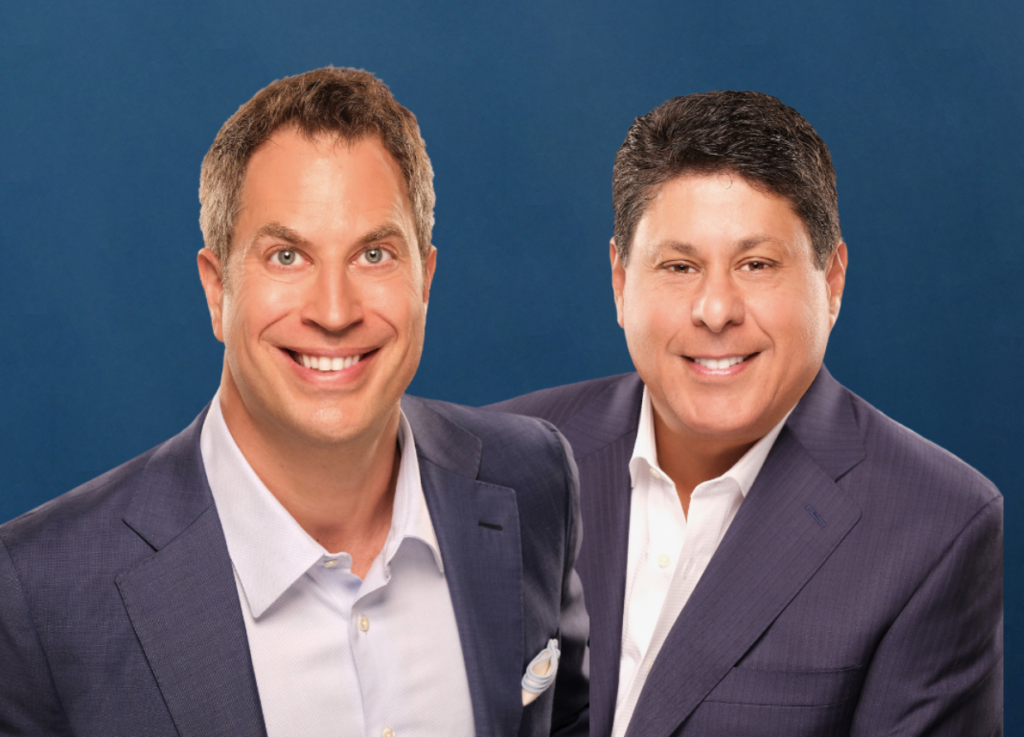I woke up yesterday at 5 a.m., fumbled for my iPad, and refreshed CNN. ‘Trump’ in big letters stared back at me. I double checked that I wasn’t on The Onion by mistake, and then shot out of bed to start writing my piece on how a Trump presidency will affect our wallets.
As I pecked away on my Macbook Pro, I kept an eye on premarket trading. As everybody had predicted, the major indexes were down “bigly.” The S&P 500 and the Dow were both down about 2.5%.
But as the sun started to rise on a new political era, futures started to rise with it. At around seven or eight, futures were down by about 1.25%. And as the markets opened, the Dow and S&P 500 were flat. By the end of the day, the Dow was up 1.40% and the S&P 500 1.11%.
The market did what it does best–defied prognosticators. Just a few days ago Citibank predicted that a Trump victory would tank the market by three to five percent, as reported by CNN. But the most stunning prediction was reported by PBS News Hour.
In an article by Eric Zitzewitz, a professor of economics at Dartmouth College, he predicted that a Trump victory would result in a ten percent, yes 10%, drop in the global markets. What’s noteworthy about this article is how scientific and precise it was. It comes with charts, and ratios, facts, and data. And it was all wrong. Here’s how it ends:
In other words, a surprise Trump win would have the about the same effect on global markets that Brexit had on UK markets. Many UK voters appeared surprised at the market’s immediate reaction to Brexit. Thanks to a few political shocks, we can measure the market’s expectations about the effects of the 2016 election in advance. Thus U.S. voters can go into the polling stations with their eyes open.
He’s not the only economist who missed the train. Simon Johnson, a professor at MIT Sloan and former chief economist of the IMF, also predicted financial armageddon if Trump won:
Investors in the stock market currently regard a Trump presidency as a relatively low-probability development. But, while the precise consequences of bad policies are always hard to predict, if investors are wrong and Trump wins, we should expect a big markdown in expected future earnings for a wide range of stocks – and a likely crash in the broader market.
The point here is not to pick on economists. The media at large missed just about everything concerning this election, too. Why should economists fare any better? There is, however, one very important lesson investors can learn from these predictions. Sound investing has nothing to do with predicting future prices of stocks, bonds, or indexes.
Broadly speaking, investors fall into one of two categories. They either invest in mutual funds and ETFs that hold a basket of stocks and bonds, or they invest in individual stocks and bonds. In my case, I use both strategies. But here’s the key. Neither strategy involves making predictions about future market prices.
My low cost, index fund strategy in my retirement account follows an asset allocation plan. That plan never varies based on a prediction of future stock prices. Never. I didn’t make any changes when Trump won the White House. I wouldn’t have made any changes if Hillary Clinton had won.
My investments in individual stocks are based on valuation, not market predictions. I buy stocks that I think are undervalued. What the market will do I have no idea. In fact, just because an asset is undervalued doesn’t mean its price won’t go lower. To be clear, predicting the future movements of the stock market has no place in a sound investment plan.
Yet we are mesmerized by stock market predictions. Search “how will trump affect the stock market” on Google and 20,600,000 results are returned (in 0.55 seconds). Let’s play a different game. Let’s consider what forces are at play that could affect asset valuations, not stock market prices. And let’s begin with Trump’s economic platform.
As I was writing yesterday’s piece, one thing struck me about Trump’s economic platform. It is very pro business. He wants to lower the corporate tax rate from 35% to 15%. He wants to allow corporations to repatriate overseas cash at a tax rate of 10%. He wants to reduce the regulatory burden on corporations. These policies if passed would tend to increase valuations by increasing corporate after-tax incomes. Interest rates are at historic lows. I learned from Warren Buffett at a Berkshire Hathaway shareholder meeting that interest rates affect asset values much like gravity affects Newton’s falling apple. Low rates bolster asset values, while high rates weigh them down. By this standard, we are dancing on the moon. When interest rates eventually rise, asset values will fall back to earth.
We’ve enjoyed an economic expansion for nearly eight years. While it hasn’t always felt like an expansion, our economy has and continues to grow. The good times will end. Expansions don’t last forever. I suspect the expansion will end sometime in the next four years. I would have suspected the same thing under a President Clinton. But I make no predictions.
Many are concerned with Trump’s position on trade. They view him as anti-trade. I see him as anti-unfair-trade. Regardless, significant disruptions in trade relationships could have a profound affect on our economy. It could increase the price we pay on everything from cars to air conditioners. It could also depress the profits of companies that sell goods overseas. Then again, maybe it won’t. So what does all of this mean? How will Trump’s presidency affect the stock market? I have no idea.
I do know that for the second day in a row under President-Elect Trump, the sun rose in the east. I also know that as of 8:39 am this morning S&P 500 futures were up 0.57%.
Oh, and I also predict that the Cubs will win the 2016 World Series.
Credit: Forbes Contributor – Rob Berger










